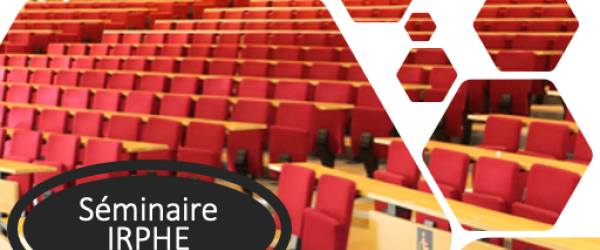Vendredi 5 avril à 11h00, salle des séminaires IRPHE
Abstract : From milk homogenization to whitecaps in the ocean, fragmentation of bubbles and droplets in turbulence constitutes one of the most basic and practically important processes in turbulent multiphase flows. Most phenomenological models and simulations for this problem were developed based on the classical Kolmogorov-Hinze framework, even though some of the key assumptions and hypotheses in this framework have never been tested. In this talk, I will first introduce a new experimental framework that measures the geometry of deforming and breaking bubbles and their surrounding turbulence simultaneously in 3D. From this new result, I will discuss two issues that we found in the classical framework: (i) the Kolmogorov’s classical theory of turbulence is not sufficient for quantifying the turbulent stresses exerted on the bubble interface, and (ii) the assumption that the most relevant and energetic scale of the flow is at the bubble diameter underestimates the roles played by small eddies. Our work underlines the importance of two missing mechanisms and paves the foundation for future studies on the dynamics of polydispersed bubbles and droplets in turbulence.
Bio : Rui Ni is an Associate Professor in Mechanical Engineering at Johns Hopkins University and was appointed as the DOE ORISE professor in 2019. Prior to joining JHU, he was the endowed Kenneth K. Kuo Early Career Professor at Penn State University. He received his Ph.D. in the Department of Physics from the Chinese University of Hong Kong in 2011, and worked as a postdoctoral scholar at Yale and Wesleyan University. He received an NSF CAREER award in fluid dynamics, ACS-PRF New Investigator Award, and NASA Early Stage Investigation award. His primary research focus is the development of advanced experimental methods for understanding multiphase flows in many applications, such as energy systems, emulsion, particle ingestion in gas turbines, landings on extraterrestrial bodies, and dust mitigation for future space exploration.

